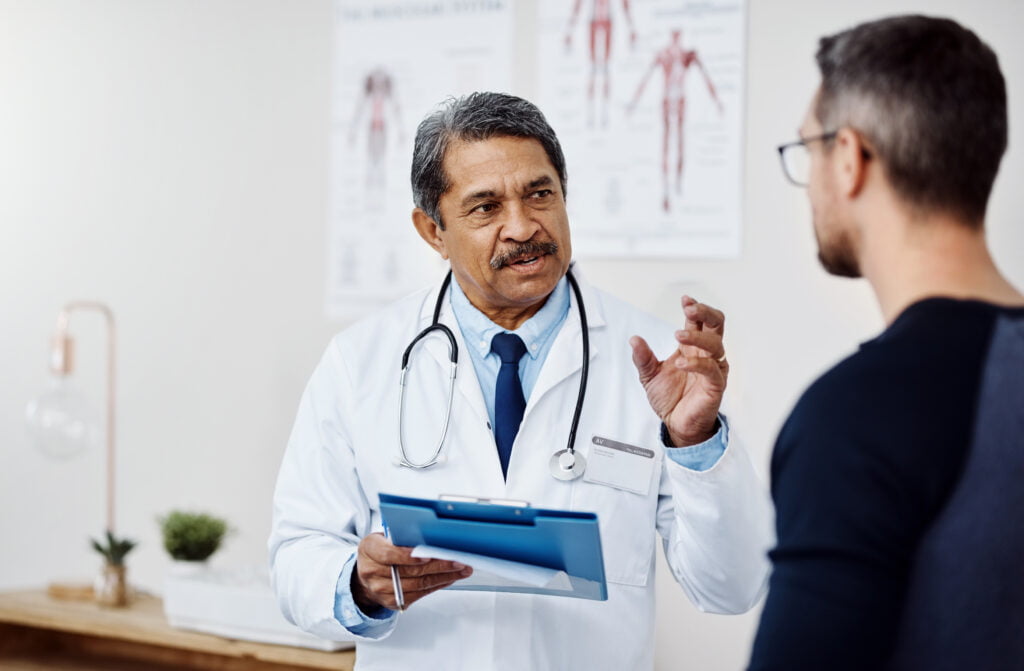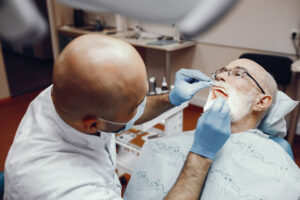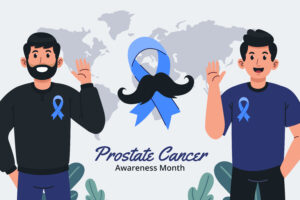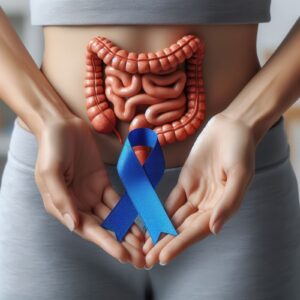Cancer is a daunting word, but it’s important to remember that you have more control over your health than you might think. While genetics and certain environmental factors play a role, research shows that up to 50% of cancers can be potentially prevented through lifestyle choices.
This blog delves into some key ways and some lifestyle choices to reduce your cancer risk.
Lifestyle choices to reduce your cancer risk:
-
Maintain a Healthy Weight and Be Active:

Excess weight can increase your risk of various cancers, including breast, colon, and pancreatic cancers. Aim for a healthy weight based on your Body Mass Index (BMI) and consult your doctor for personalized guidance.
Regular physical activity is another powerful tool. The American Institute for Cancer Research recommends at least 150 minutes of moderate-intensity exercise or 75 minutes of vigorous exercise each week. Even small changes like taking the stairs or incorporating brisk walks into your day can make a difference.
-
Embrace a Plant-Based Diet:
Fill your plate with a vibrant mix of fruits, vegetables, and whole grains. These foods are packed with essential nutrients, antioxidants, and fiber, which may help reduce cancer risk.
- Fruits and Vegetables: Aim for a rainbow of colors on your plate. Each color represents different health-promoting compounds.
- Whole Grains: Opt for brown rice, quinoa, oats, and whole-wheat bread instead of refined grains like white bread and pasta.
- Limit Red and Processed Meat: Processed meats like sausages, bacon, and hot dogs have been linked to an increased risk of colorectal cancer. Enjoy lean protein sources like chicken, fish, beans, and lentils more frequently.
-
Minimize Alcohol Consumption:
Alcohol consumption can elevate your risk of several cancers, including breast, mouth, throat, and liver cancer. If you choose to drink alcohol, do so in moderation. This means one drink per day for women and two drinks per day for men.
-
Become Sun Savvy:

Skin cancer is the most common type of cancer in the United States, but it’s also highly preventable. Here’s how to protect your skin:
- Seek Shade: Avoid the sun’s peak intensity, typically between 10 am and 4 pm.
- Sunscreen is Essential: Apply a broad-spectrum sunscreen with SPF 30 or higher every day, even on cloudy days. Reapply every two hours, or more often if swimming or sweating.
- Cover Up: Wear protective clothing like long sleeves, pants, and a wide-brimmed hat when outdoors.
-
Don’t Use Tobacco:
This one is a no-brainer. Tobacco use is a leading cause of many cancers, including lung, mouth, throat, and bladder cancer. If you currently use tobacco products, quitting is the single best thing you can do for your health. Numerous resources are available to help you quit smoking or using smokeless tobacco. Talk to your doctor about quit smoking programs or medication that can help.
-
Get Vaccinated:
Certain vaccinations can help prevent infections that can lead to cancer. These include:
- Hepatitis B vaccine: Protects against hepatitis B virus, which can increase the risk of liver cancer.
- Human papillomavirus (HPV) vaccine: Guards against HPV infection, a major risk factor for cervical cancer and some other cancers.
Discuss your vaccination history with your doctor and ensure you’re up-to-date on recommended vaccines.
-
Regular Screenings and Checkups:
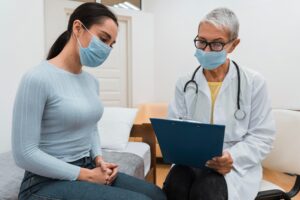
Early detection is crucial in managing cancer effectively. Schedule regular checkups with your doctor and adhere to recommended cancer screening tests. These screenings can detect potential problems early when treatment is most successful.
-
Manage Stress:
Chronic stress can weaken your immune system, potentially impacting your ability to fight off cancer cells.
Here are some techniques to manage stress:
- Exercise: As mentioned earlier, physical activity is a great stress reliever.
- Relaxation Techniques: Practice deep breathing, meditation, or yoga to promote relaxation and manage stress.
- Healthy Sleep Habits: Aim for 7-8 hours of quality sleep each night.
- Supportive Relationships: Nurture connections with loved ones who provide emotional support.
Conclusion:
While these are the lifestyle choices to reduce your cancer risk, they don’t guarantee complete immunity to cancer. A healthy lifestyle empowers you and promotes overall well-being. Consult your doctor for personalized advice and discuss any concerns you may have.

